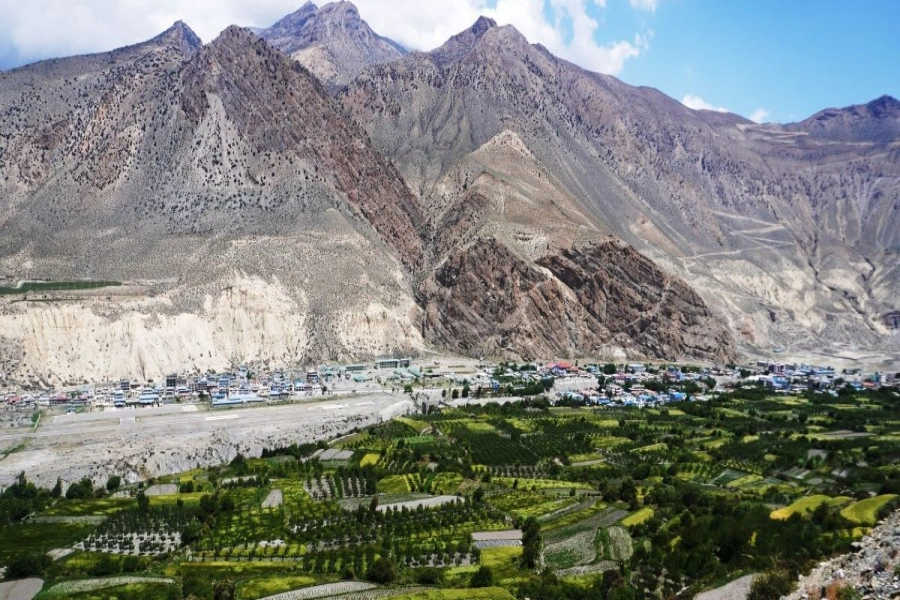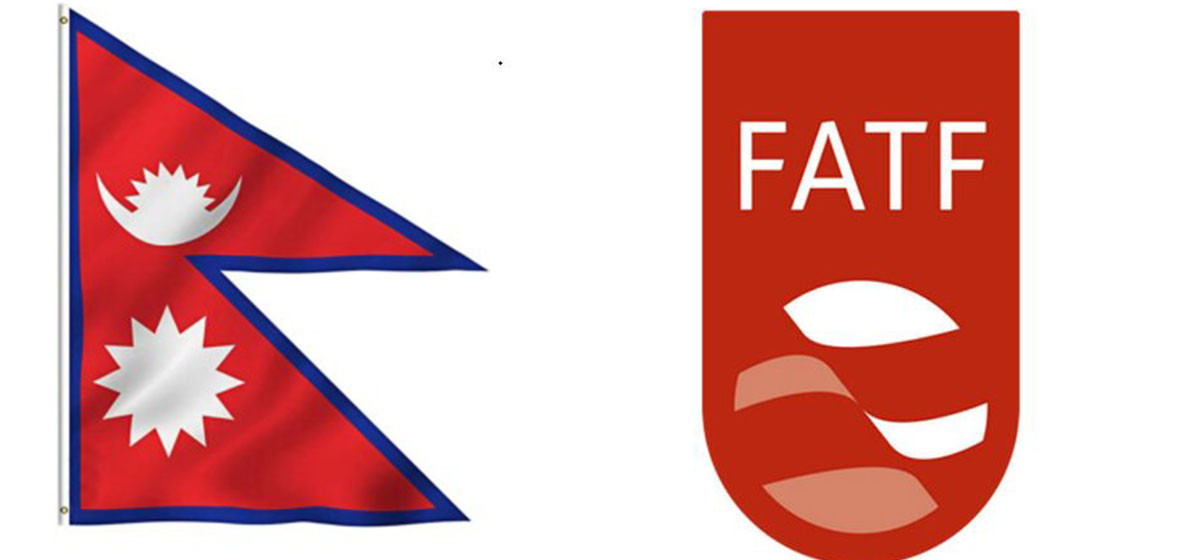KATHMANDU, Feb 23 Amid growing concerns over the government’s failure to take actions against those guilty of money laundering, the Financial Action Task Force (FATF) has once again added Nepal to its grey list.
As per a press statement released by the FATF, the second FATF Plenary under the Presidency of Elisa de Anda Madrazo of Mexico held on Friday decided to keep Nepal along with 24 other countries under its grey list. The intergovernmental body, which combats money laundering and terrorist financing, made the decision during its meeting in Paris, France after reviewing the portfolios of more than 200 countries.
While Nepal and Laos have been added to the list, the FATF has delisted the Philippines from the grey list.
“Jurisdictions under increased monitoring are actively working with the FATF to address strategic deficiencies in their regimes to counter money laundering, terrorist financing, and proliferation financing. The Philippines is no longer subject to increased monitoring by the FATF. Additional countries, Nepal and Lao PDR, are now also subject to increased monitoring,” the FATF states in its official website.
The FATF has pointed out the country’s major weaknesses in being apathetic to risks of illegally earned money as the reason for adding Nepal to the grey list. Increasing government surveillance based on risk intensity regarding the transactions being made in cooperatives, casinos, mines and mineral resources are among the concerns raised by the FATF.
FATF’s Grey List: A Wake-Up Call for Nepal

It has also pointed out the need for capacity building of anti-money laundering bodies in various government institutions and effective coordination among these organizations.
The FATF had also urged the Government of Nepal to increase cases against individuals found guilty of money laundering and take stern actions against those convicted and to increase surveillance against the activities related to the terrorism and trading of artilleries which the country failed to comply with.
An official of the Ministry of Finance told Republica the lack of will power at the government level to take actions against the wrongdoers has landed the country in the grey list. “The international organisation had given a chance to the country to improve the situation, but we failed to cash in,” said the source requesting anonymity.
Nara Bahadur Thapa, former executive director of Nepal Rastra Bank, attributed the situation to the government’s tendency of not implementing legal provisions. “Although the government has formed a number of institutions to check money laundering, it appears reluctant on the part of implementation,” said Thapa.
According to him, the new situation could affect the country’s export, inflow of foreign direct investment, foreign assistance and cross-border banking transactions, while the individuals may also face increased cost burdens in the international transactions.
This is the second time that Nepal has been included in the grey list of the FATF. Earlier Nepal was kept in the watch list for six years starting 2008 while the country recovered its position only in 2014 after enforcing corrective measures.
In the new situation, the government will need to strictly enforce measures in management of illegally earned assets in order to take the country out from the grey list.
Nepal’s fresh commitments
Nepal has expressed its fresh commitments by forwarding a series of reforms aimed at improving its anti-money laundering and counter-terrorism financing efforts.
The country has promised to strengthen risk-based regulation in commercial banks, high-risk cooperatives, casinos, precious metals and gemstone businesses, and the real estate sector. Nepal has expressed commitment to identify and take action against illegal payment service providers (MBTS) and hundi operators, ensuring this does not hinder financial inclusion.
Additionally, Nepal will work to bolster the capacity and coordination of agencies responsible for conducting money laundering investigations and increase the number of such investigations and prosecutions. The country will also implement measures to identify, trace, freeze, seize, and confiscate proceeds and instruments of crime based on risk profiles. Finally, Nepal will address technical weaknesses in the targeted financial sanctions regime to counter terrorist financing (TF) and the proliferation of weapons of mass destruction (PF).
According to Attorney General Ramesh Badal the government has prepared work plans, while they will be taken into effective implementation in order to get off the list as soon as possible.






































